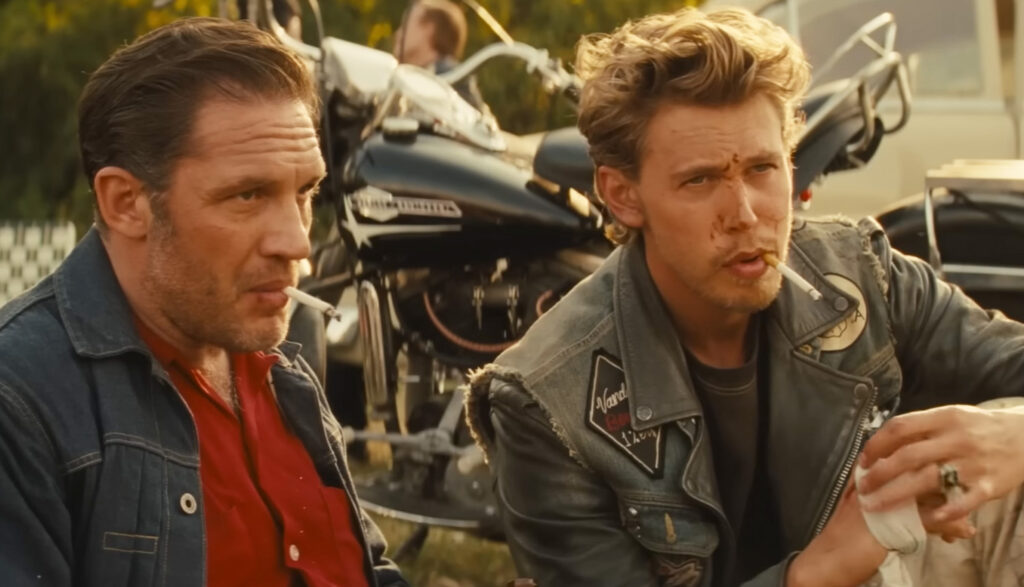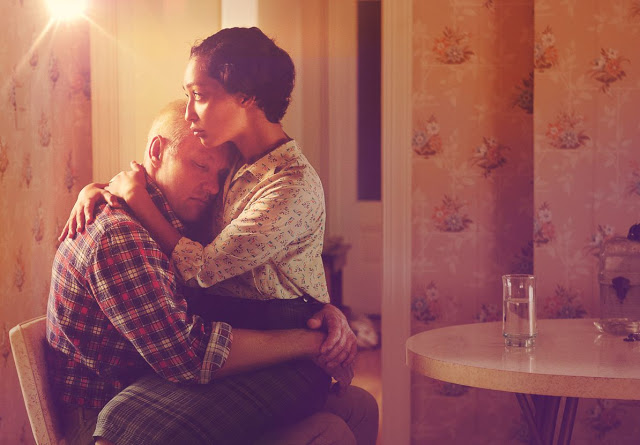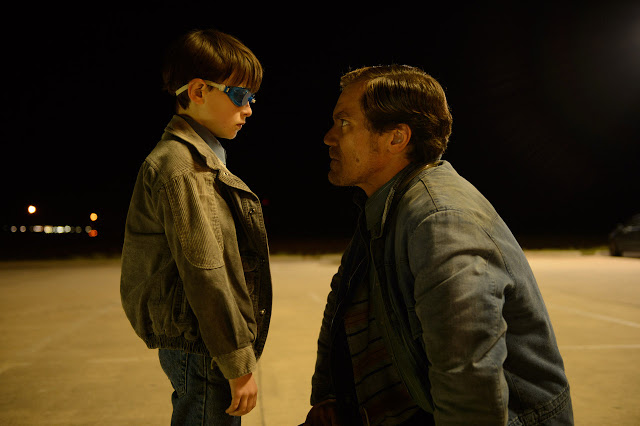The Bikeriders: Mad Packs, Fury Rode

Early in his career, the writer-director Jeff Nichols developed a reputation for making movies that felt unlike the work of anyone else. The paranoid thriller Take Shelter, the noirish coming-of-age story Mud, the science-fiction parable Midnight Special—none of these was exceptional, but they all toyed with genre expectations in a manner that made them feel gratifyingly unusual. That changed with Loving, a well-intentioned docudrama that was tender, intelligent, and disappointingly ordinary. Nichols’ latest picture, The Bikeriders, continues this regression toward normalcy in a peculiar way, less by occupying a familiar template than by imitating a specific filmmaker—namely, Martin Scorsese. This movie could easily have been called “Goodfellas: Easy Rider edition.”
There are worse touchstones to copy. Cinematically speaking, The Bikeriders may not venture too far off road, but it at least zooms forward with confidence and texture. It also acquires a sense of melancholy—an elegiac wistfulness—that is both genuinely touching and somewhat dubious. Read More


